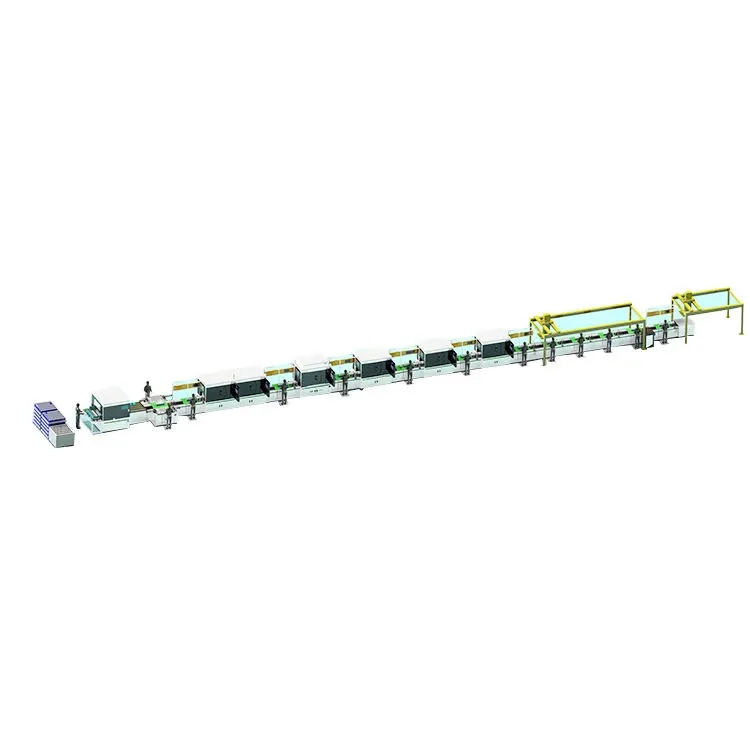steel file manufacturer
The Importance of Steel File Manufacturers in the Modern Industry
In today's fast-paced industrial landscape, precision and quality are paramount. One of the key components in achieving these standards is the use of specialized tools, such as steel files. Steel files are essential tools in various applications, including metalworking, woodworking, and manufacturing processes. Their reliability and efficiency make them indispensable for craftsmen, engineers, and manufacturers alike. This article explores the critical role played by steel file manufacturers in delivering high-quality products that meet the demands of various industries.
Understanding Steel Files
Steel files are tools used for smoothing, shaping, and finishing materials, particularly metals and wood. They come in various shapes, sizes, and coarseness levels, suitable for different tasks. The most common types of steel files include flat files, round files, half-round files, and triangle files, each serving a unique purpose in the finishing process. The composition of these files, primarily high-carbon steel, ensures they have the hardness and durability required to withstand heavy use and to maintain their cutting edge over time.
The Role of Manufacturers
Steel file manufacturers are crucial players in the tool production industry. They are responsible for designing, producing, and distributing a wide range of files that meet specific industry standards and customer expectations. The manufacturing process for steel files involves multiple stages, including design, material selection, forging, heat treatment, and finishing.
1. Material Selection The choice of material is fundamental to the quality of steel files. Manufacturers often use high-carbon steel or alloy steel for their durability and cutting ability. The steel's composition affects its hardness, toughness, and wear resistance, making it essential for manufacturers to select the appropriate materials based on the intended use of the files.
2. Forging and Shaping The process of forging helps create the basic form of the file. This step is crucial as it dictates the file's overall strength and shape. Skilled craftsmen use various forging techniques to ensure that the file maintains its structural integrity while achieving the desired profile.
3. Heat Treatment Heat treatment enhances the properties of the steel, allowing the file to achieve optimal hardness and wear resistance. This process involves heating the steel to a specific temperature and then cooling it in a controlled manner. Steel file manufacturers pay particular attention to this stage, as improper heat treatment can lead to brittle files prone to breaking under stress.
steel file manufacturer

4. Finishing The final stage involves grinding and polishing the file to achieve the desired surface texture. The level of coarseness is determined by the number of teeth per inch, which affects how aggressively the file cuts into the material. Manufacturers also apply coatings or treatments to enhance the file's performance and longevity.
Quality Control and Standards
Quality control is an integral part of the manufacturing process for steel files. Reputable manufacturers adhere to stringent quality standards to ensure their products meet industry specifications. This includes rigorous testing of the files for hardness, cuts per inch, and overall durability. Consistency in production is crucial, as professionals rely on these tools for precision work.
To maintain competitiveness, manufacturers often invest in research and development to innovate their products. This includes exploring new materials, improving manufacturing processes, and incorporating advanced technologies to enhance the quality and efficiency of their steel files.
The Impact on Various Industries
The impact of steel file manufacturers extends across a wide range of industries – from automotive and aerospace to wood crafting and jewelry making. Each sector has unique requirements, and manufacturers must tailor their products to meet these diverse needs. For instance, in the automotive industry, files are required for precise fitting and finishing of parts, while in woodworking, they are used for shaping and detailing intricate designs.
Moreover, the growth of online marketplaces has allowed manufacturers to reach a global audience, providing craftsmen and industrial professionals with access to high-quality tools regardless of their location. This accessibility has democratized the availability of specialized tools, allowing small workshops and large industries alike to benefit from superior steel files.
Conclusion
Steel file manufacturers play a pivotal role in the industrial landscape by producing high-quality tools that meet the specific needs of various sectors. Their commitment to quality, innovation, and customer satisfaction is crucial in maintaining the efficiency and precision required by today’s industries. As technology continues to evolve, so too will the manufacturing processes and the products offered, ensuring that steel files remain an essential tool for artisans and professionals around the world.
Share
-
The Best Lubricants for Aluminum Roller GuidesNewsJul.23,2025
-
Slitting Machine Applications in the Packaging IndustryNewsJul.23,2025
-
Rolling Roller Balancing Techniques for Smooth OperationNewsJul.23,2025
-
How To Optimize An EV Battery Assembly LineNewsJul.23,2025
-
Energy Efficiency in Modern Battery Formation EquipmentNewsJul.23,2025
-
Automation Trends in Pouch Cell Assembly EquipmentNewsJul.23,2025







